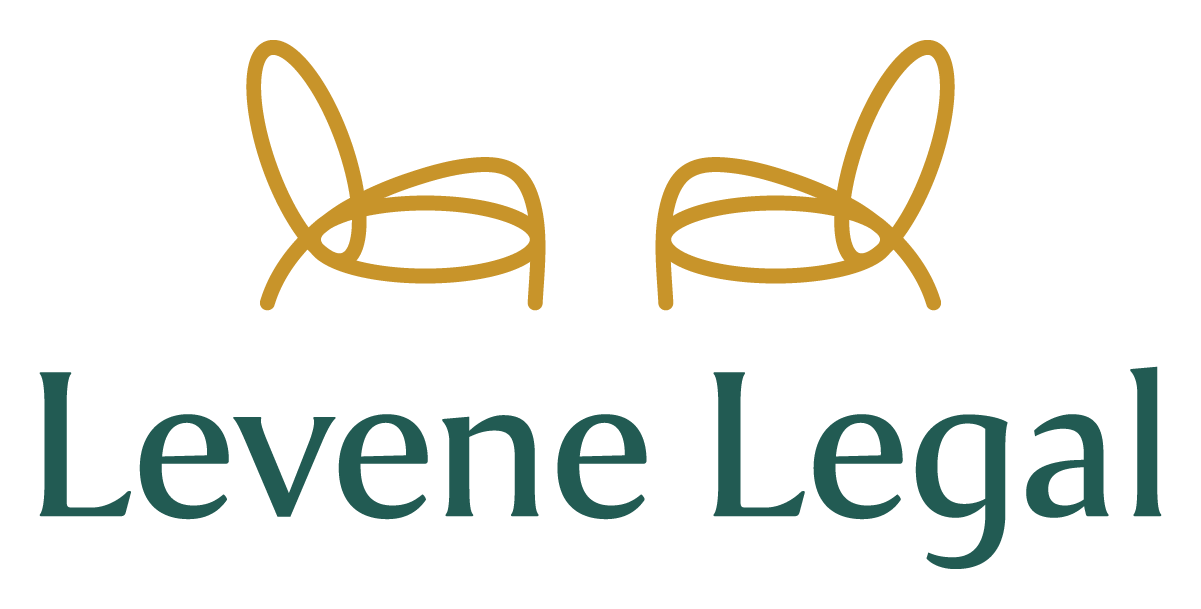Employee Free Speech: Where Can Employers Draw the Line?
Free Speech in the Workplace
The right to free speech, as guaranteed by the First Amendment of the U.S. Constitution, protects certain speech from government restriction. The First Amendment does not protect speech from restrictions by private companies. Does this mean that employees who work for non-government entities check their right to free speech at the door to their workplace? In Connecticut, the answer is “no.”
Connecticut General Statutes § 31-51q prohibits an employer from disciplining or threatening to discipline an employee because they have exercised their First Amendment right to free speech. But not all speech is covered by the protections of § 31-51q. Speech that relates solely to a matter of personal interest is not protected. An employee who is simply airing their personal grievances, including those about their job, may be disciplined for such speech.
§ 31-51q only protects speech that relates to a matter of public concern. A matter of public concern is any matter of political, social, or other concern to the community, such as public safety. But this doesn’t mean that employees can speak about matters of public concern without impunity. Employers need to maintain the efficient operation of their workplaces. As such, employees can be disciplined for their speech if it substantially or materially interferes with their bona fide job performance or the working relationship between employee and employer. Factors to consider when determining whether an employee can be disciplined include the extent to which the speech disrupts harmony among co-workers, working relationships, and the employee’s job performance.
The ability to discipline an employee is not limited to speech at the workplace or during working hours. Employees can be disciplined for speech outside of work if it interferes with their job performance or working relationships. This includes posts made on an employee’s personal social media pages.
Employers must be cautious when considering whether to discipline an employee for their speech. If an employee is disciplined for protected speech, you may be liable for lost wages, court costs, attorney’s fees, and punitive damages. Employers should consult with an employment law attorney before disciplining an employee for their speech.
Levene Legal can provide advice on whether an employee’s speech is protected by § 31-51q.

